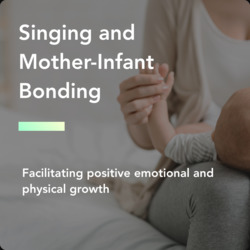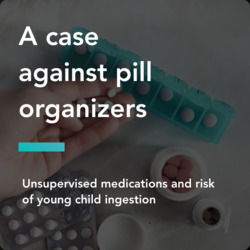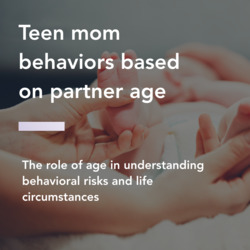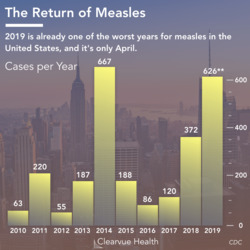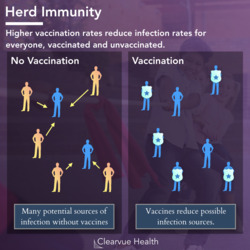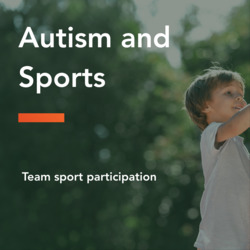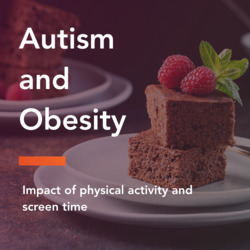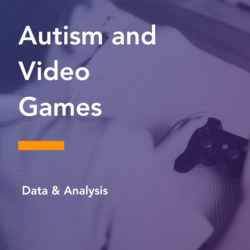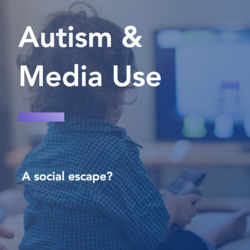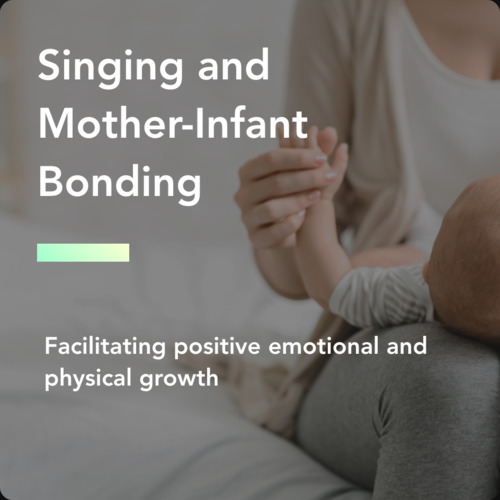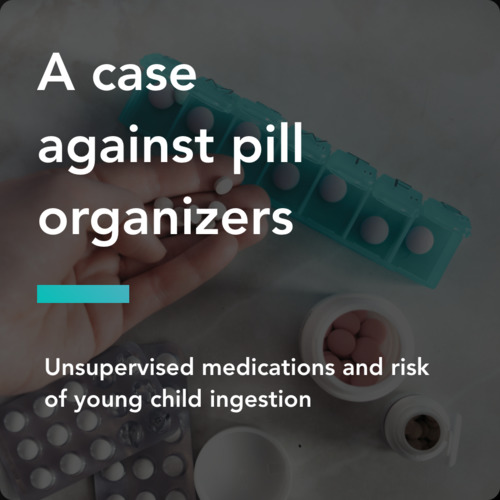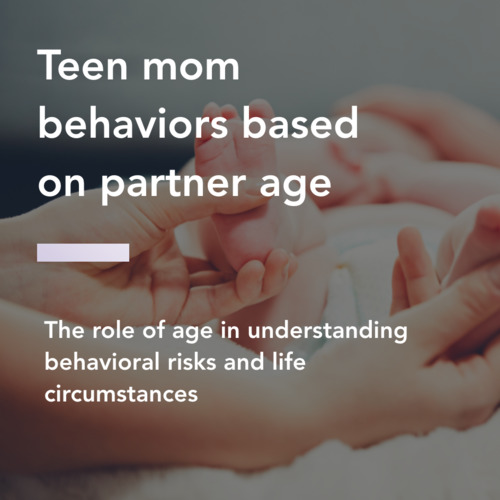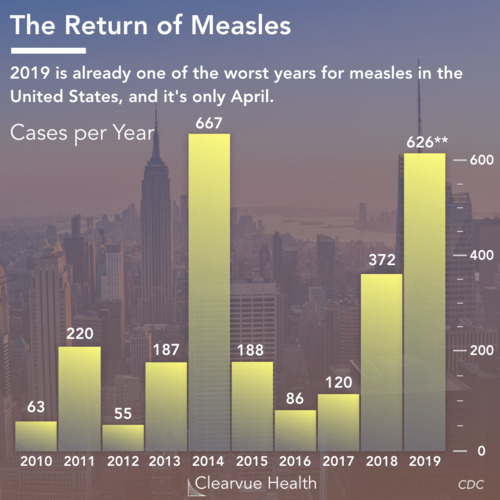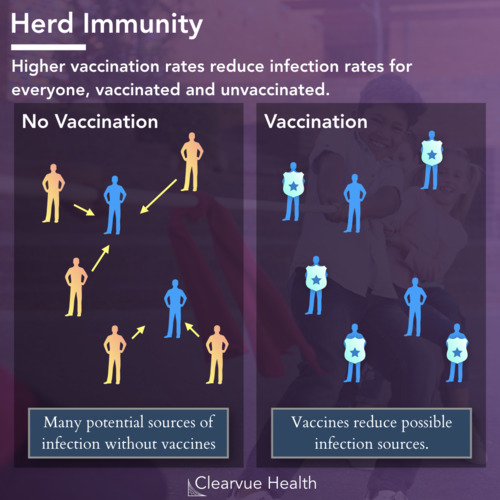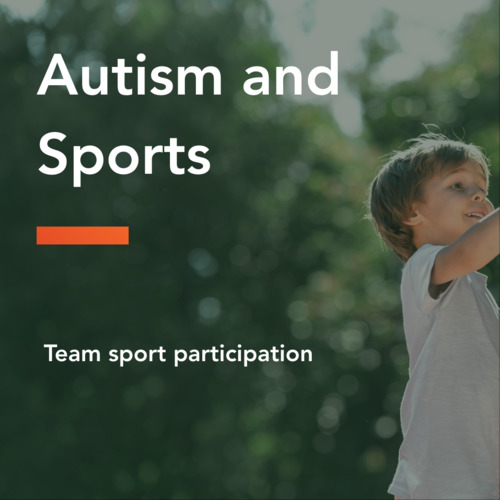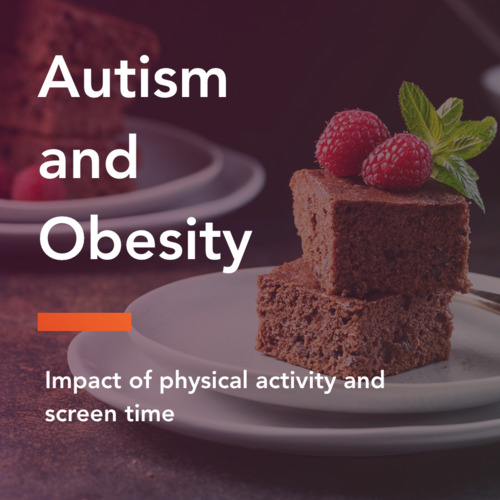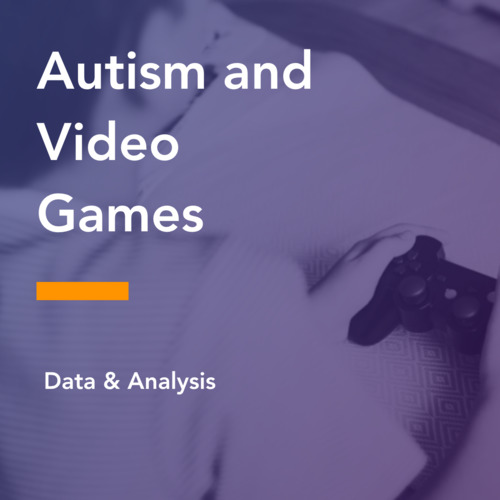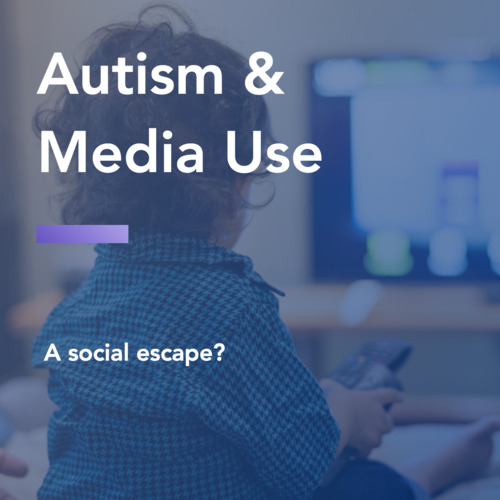
After two studies reporting a possible link between vaccines and autism, researchers have set out to examine whether much larger studies could replicate the findings of the first studies.
These much larger studies, covering thousands of times more children than the first studies, were much better designed and much more "powered" to detect any differences between vaccines and autism.
The balance of evidence strongly indicate that there is no link between vaccines and autism. In fact, recent research has shown a trend towards a lower autism rate with vaccinations.
In the chart above, studies are visualized based on the number of patients studied. For population based studies, larger studies generally produce stronger and more precise results.
Most Recent Study on Vaccines and Autism

The most recent study in March 2019 examined 657,461 kids in Denmark, where vaccination is voluntary. Of the kids studied, the vast majority (625,842) received the MMR vaccine. Only 31,619 were unvaccinated.
Larger studies tend to be much better at detecting differences as they include more cases of autism and more cases of unvaccinated children.
Researchers found that of the teenagers studied, unvaccinated children had a possibly higher rate of autism than vaccinated children. The statistical significance was border-line due to relatively few cases of autism and relatively few unvaccinated children. As shown in the chart above, autism prevalence in unvaccinated children(orange) rose above the autism prevalence in vaccinated children (blue). By age 14, approximately 2.6% of unvaccinated children had developed autism compared to 2.1% of vaccinated children.
Source: Measles, Mumps, Rubella Vaccination and Autism: A Nationwide Cohort Study
Risk Factors for Autism

The study found that while vaccines don't autism, there are known risk factors for autism that reach statistical significance.
The most significant found was smoking during pregnancy, which was associated with an approximately 33% higher risk of autism.
Premature birth, as defined by a birth prior to 36 weeks of gestation, was associated with an approximately 30% higher risk of autism.
Having an older father aged 40-45 at birth was associated with a 23% higher risk of autism.
Having an older mother, aged 35-40 at birth, was associated with a 10% risk of autism.
As with all correlations, these do not indicate causations. We don't know for sure whether older fathers cause autism, or whether there is another factor correlated with paternal age and autism. But, we do know that these are significant risk factors.
Summary of Autism Symptoms
Autism Spectrum Disorder
The Key Deficits in Autism Spectrum Disorder



